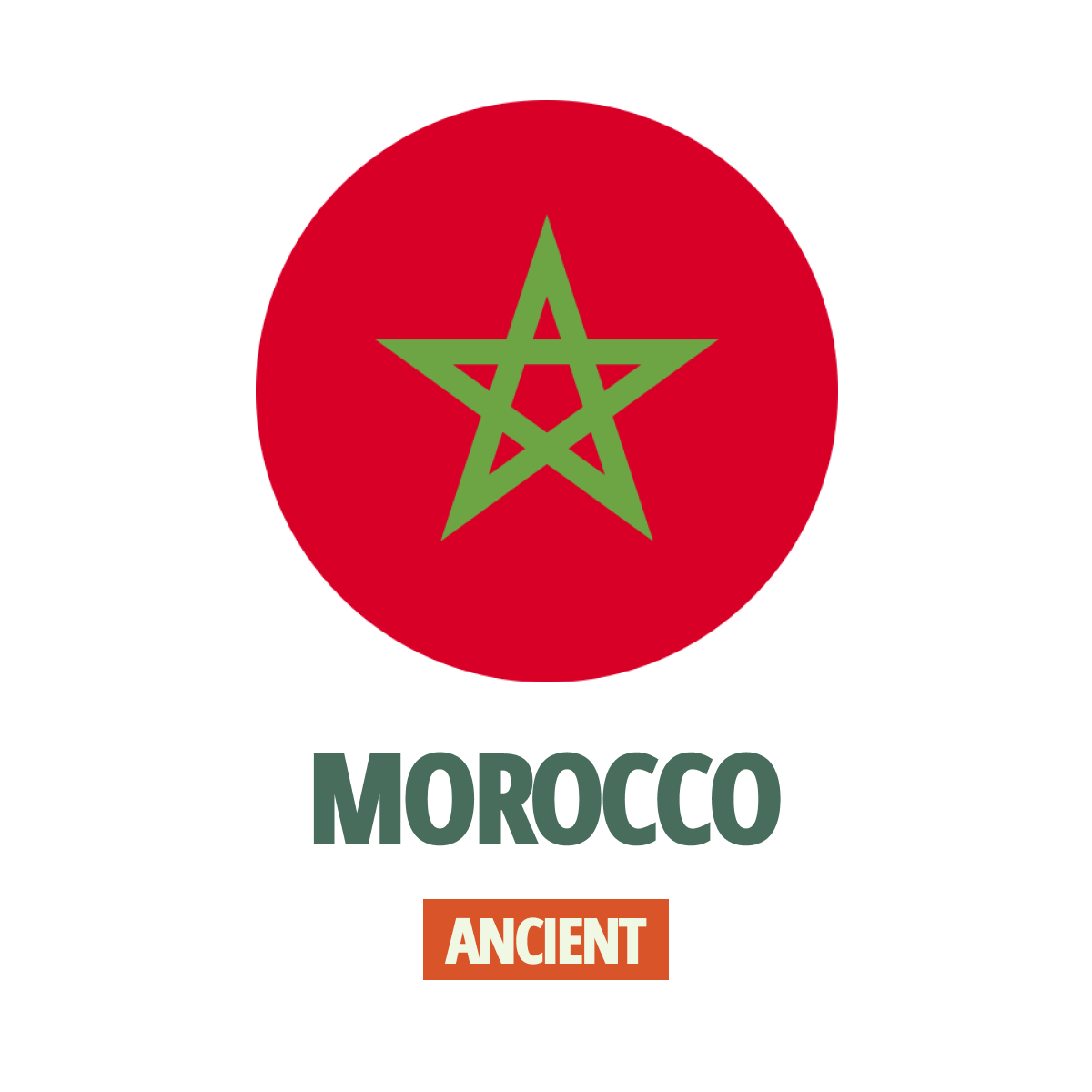
Morocco's winemaking heritage can be traced back to Phoenician and Roman times, making it one of the oldest wine-producing regions in the world. The industry faced challenges during periods of Islamic rule, but in recent decades, Morocco has witnessed a resurgence in winemaking. The combination of favorable terroir, a range of microclimates, and a commitment to quality is contributing to the country's growing reputation in the global wine market.
Winemaking History & Terroir
Morocco's winemaking history is deeply intertwined with its diverse cultural influences, from indigenous Berber traditions to the legacy of French and Spanish colonization. Today, the country boasts a range of terroirs, from the coastal plains along the Atlantic and the Mediterranean to the foothills of the Atlas Mountains. These varied landscapes provide unique conditions for grape cultivation.
Common Grape Varietals & Wine Styles
Morocco is known for its cultivation of both indigenous and international grape varieties. Some common grape varietals include
Cinsault
Widely planted and often used in red blends, Cinsault contributes to wines with soft tannins and red fruit flavors
Syrah
Successful in the warmer regions, Syrah produces wines with deep color, robust tannins, and notes of black fruit and spice
Grenache
Thriving in the arid conditions, Grenache contributes to red blends, offering ripe fruit flavors and a touch of spiciness
Sauvignon Blanc
Planted in some cooler regions, Sauvignon Blanc is used for white wines with bright acidity and citrusy notes
Major Winemaking Regions
Morocco is divided into several key wine regions, each offering unique expressions of its terroir. Some major regions include
Meknes
Meknes is one of Morocco's most significant wine regions, known for its historical vineyards and winemaking tradition. It benefits from a Mediterranean climate, contributing to the production of red and white wines.
Beni-Mellal
Situated in the foothills of the Atlas Mountains, Beni-Mellal is recognized for its vineyards at higher altitudes. The region's cooler temperatures contribute to the development of elegant and balanced wines
Unique Winemaking Techniques
Moroccan winemakers often combine traditional winemaking techniques with modern approaches. The use of underground cellars, known as "kasis," provides natural temperature control for aging wines. Additionally, some wineries are experimenting with organic and biodynamic practices
In Conclusion
Morocco's wine industry, rooted in ancient traditions, is experiencing a renaissance. With a focus on indigenous grape varieties and a commitment to quality winemaking, Morocco is making strides in the global wine market. As the country continues to showcase its unique terroir and cultural influences, the future looks promising for Moroccan wines on the international stage




















































